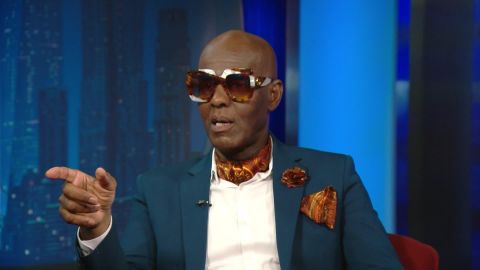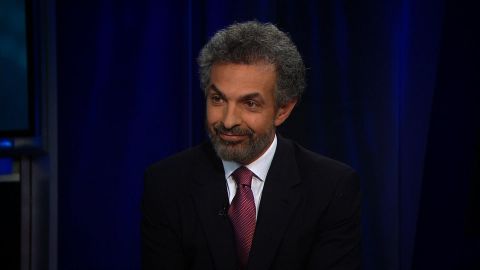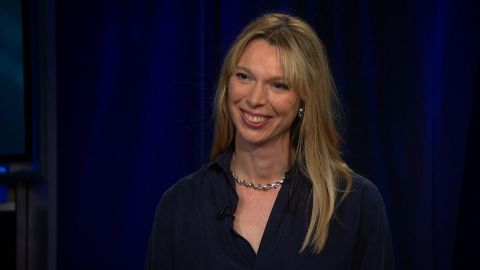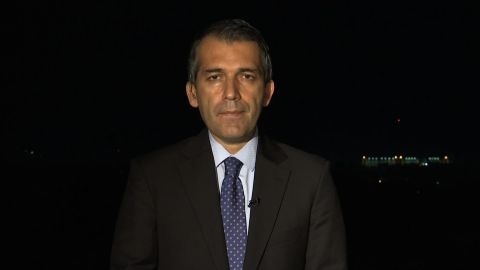Read Transcript EXPAND
CHRISTIANE AMANPOUR: What do you make of where we are now given that little bit of confrontation?
CAMILLA CAVENDISH, FORMER DIRECTOR OF POLICY FOR DAVID CAMERON: So, I mean, British politics feels like a roundabout, that it is just whirling around faster and faster. And actually, under Theresa May it resolved slowly but never got anywhere. And under Boris Johnson, it’s spinning out of control but we still haven’t actually gotten anywhere. And the point Leo Varadkar was really making is, actually, it’s very hard to unlock the Irish backstop. There’s a reason why it’s there. And this is the sort fundamental conundrum of Brexit, at the moment nobody is budging. And, of course, Boris Johnson has under estimated how many Tories would rebel and leave his own party. And he’s also underestimated the opposition who he thought he could bounce into an election, and they are standing up against him.
AMANPOUR: So, I think it’s really interesting this conversation because, first and foremost, you were in Downing Street with the prime minister who, let’s face it, brought us to this problem.
CAVENDISH: Indeed.
AMANPOUR: To this crisis. Probably never imagined that it would be such a crisis. He thought that he would resolve the polar opposites in the Conservative Party. But instead, this is really bringing this country to crisis.
CAVENDISH: So, I mean, you can go back through history and find that Europe has been a running sore for a very, very long time. A lot of people would argue that you didn’t need to erase it in this way, you didn’t need to try and surface it. I think, actually, within the Conservative Party after 2010 and then 2015, you had more and more Conservatives MPs who were leavers, who Eurosceptic and the party that were already becoming more Eurosceptic. So, I think, you know, that was almost inevitable. What we are seeing, though, is really the end of the Conservative Party as a centrist broad church. It is now a sect which is essentially run by revolutionaries. They know they have to deal with Nigel Farage who is on the right, who his Brexit party is polling at 12 percent. The Conservatives — I mean, under Boris, they’re polling well but they can’t win an election, I think, unless they make an alliance with the Brexit Party. That means moving to the right, and that’s what they’re doing.
AMANPOUR: So, let’s just talk about this. You’ve just called it a sect. I mean, that’s pretty dramatic, right. But others, including rebels who have been purged or who have left have said that it is going to move from being this broad party, broad church party to a narrow nationalist British party.
CAVENDISH: Yes.
AMANPOUR: And —
CAVENDISH: Well, Nationalist English, really.
AMANPOUR: OK.
CAVENDISH: A lot of what we’re talking about, I think, does goes back to de-evolution, Tony Blair, the attempt to give more power to the regions. The Conservative Party, their leader in Scotland, Ruth Davidson, who was very popular. She has resigned. And in doing that, the Conservatives have probably lost all their seats in Scotland, certainly 10. And, you know, that is beginning to break things apart. It is English nationalism, really, which never found a voice and felt it didn’t have enough power and that is what we are announcing.
About This Episode EXPAND
Sediq Sediqqi joins Christiane Amanpour to weigh in on President Trump’s cancelled secret peace talks with Taliban leaders, followed by Saad Mohseni, who explains what went wrong and what lies ahead for Afghanistan. Plus, Camilla Cavendish discusses the latest Brexit developments and fashion designer Dapper Dan speaks to Hari Sreenivasan about style and his life journey.
LEARN MORE



